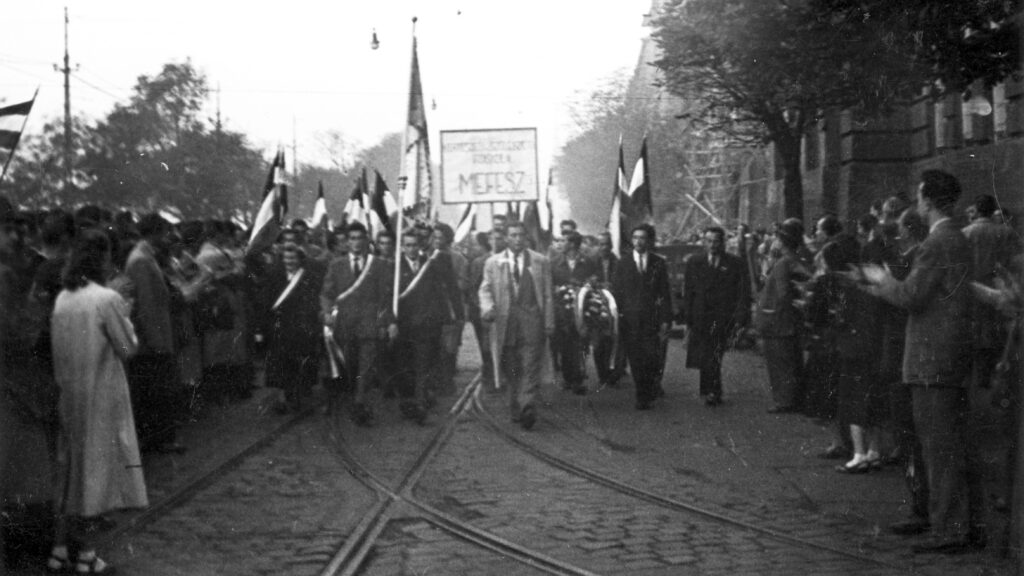
‘The Hungarian people, who cherish freedom, will do everything in their power to defend their sovereignty. Just as in 1956, when we were the first Eastern European country under communist dictatorship to stand up against Moscow, Hungary is now leading the fight for freedom against the oppression of Brussels.’
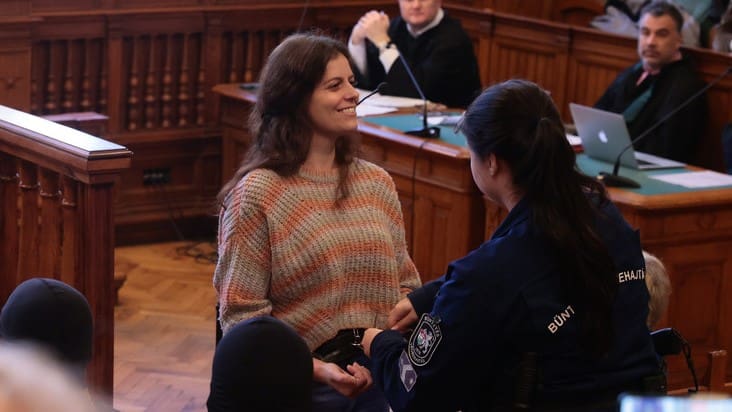
Ilaria Salis is one of the 20 radical left-wing, apparently anti-fascist activists, who arrived in Budapest last February with the explicit purpose of attacking ‘neo-Nazis’ and/or ‘neo-Nazi sympathizers’ ahead of the so-called Day of Honour events organized by Hungarian extreme-right groups. The randomly chosen victims suffered grave injuries including shattered bones and stab wounds.

It is high time the Ambassador (or rather, Embarassador) stopped hurling baseless accusations at the Orbán government, and instead, got down to doing what the real mission of an ambassador is: foster bilateral relations. Last time we checked, ruining the Hungarian-US relationship is not part of the job.
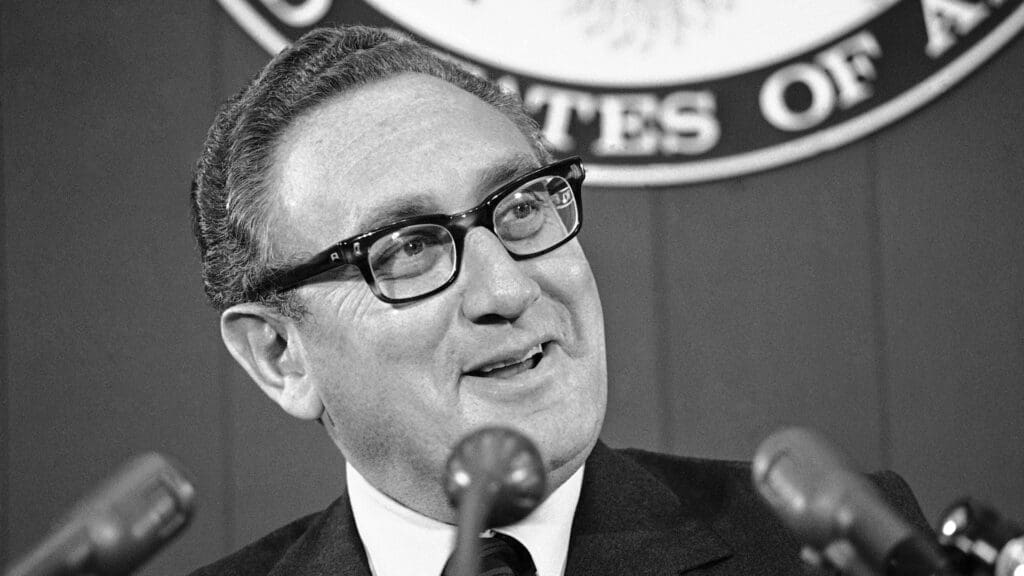
Kissinger served as US Secretary of State under Presidents Richard Nixon and Gerald Ford between 1973 and 1977. In 1973, he won the Nobel Peace Prize. Known for his realist approach to foreign policy, he had considerable impact on many major world events during his century in this world.
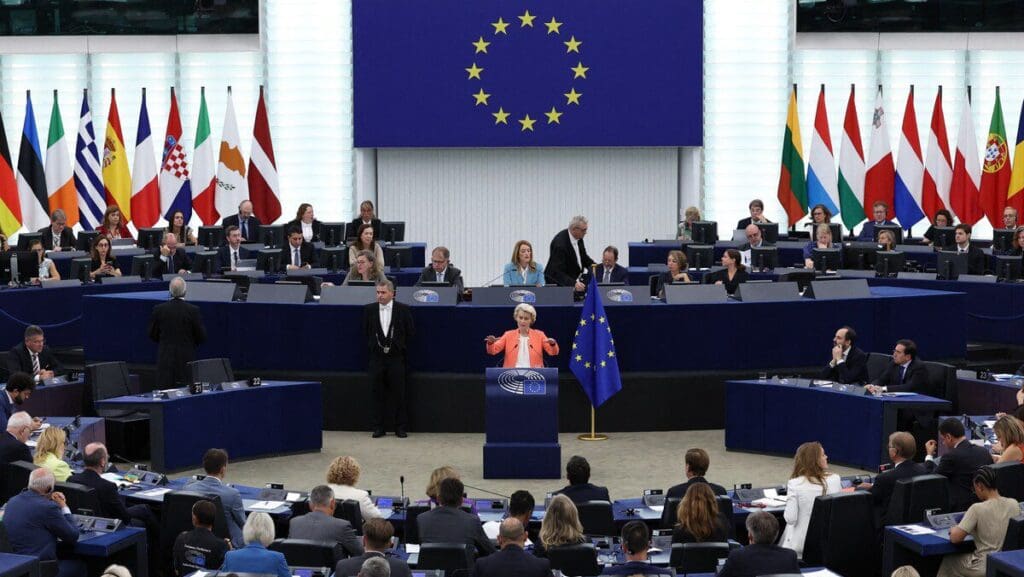
Ursula von der Leyen’s annual ‘State of the Union’ address was rife with notable omissions, which raises concerns about transparency, and highlights the need for the Brussels leadership to demonstrate more substantively that they are worthy of voter trust ahead of 2024 European elections.

King Saint Stephen’s ‘Admonitions’, with more than half of its chapters addressing Christian faith and the church, transcends legal and religious realms, potentially safeguarding familial unity for generations.

The erosion of the seemingly unquestionable, intrinsic value of life is gradual and stealthy, and those who express concerns about that are often dismissed as pro-life fundamentalists.
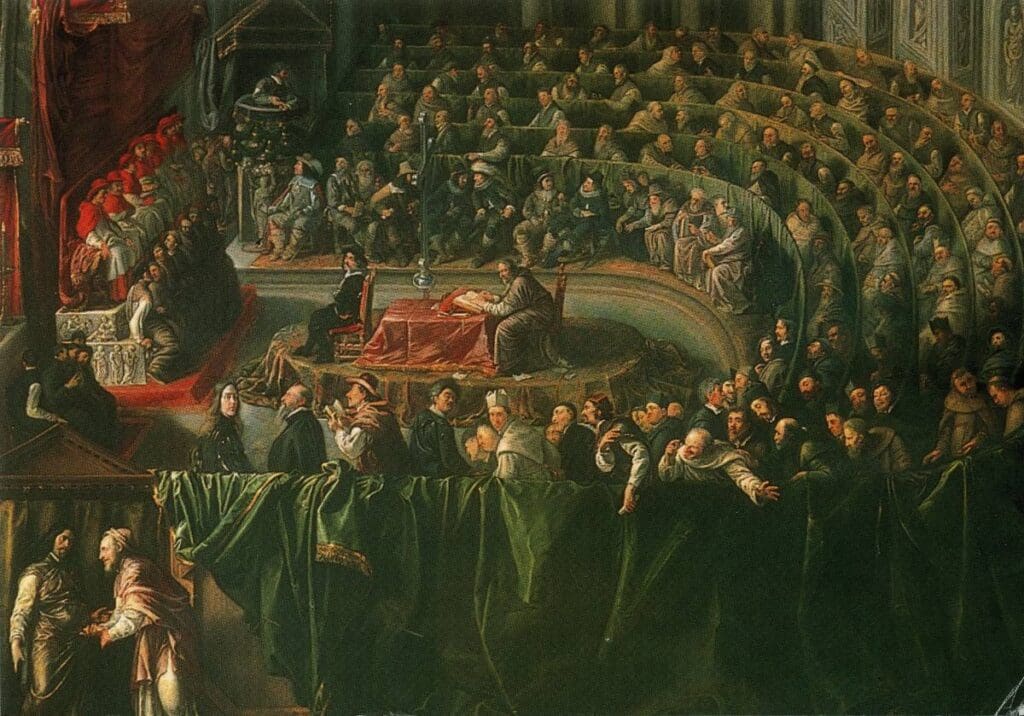
Could it be that Orbán is not the enfant terrible of the EU, nor the Trojan horse of Moscow, but one of the few statesmen left in the trans-Atlantic alliance with some common sense and long-term vision?
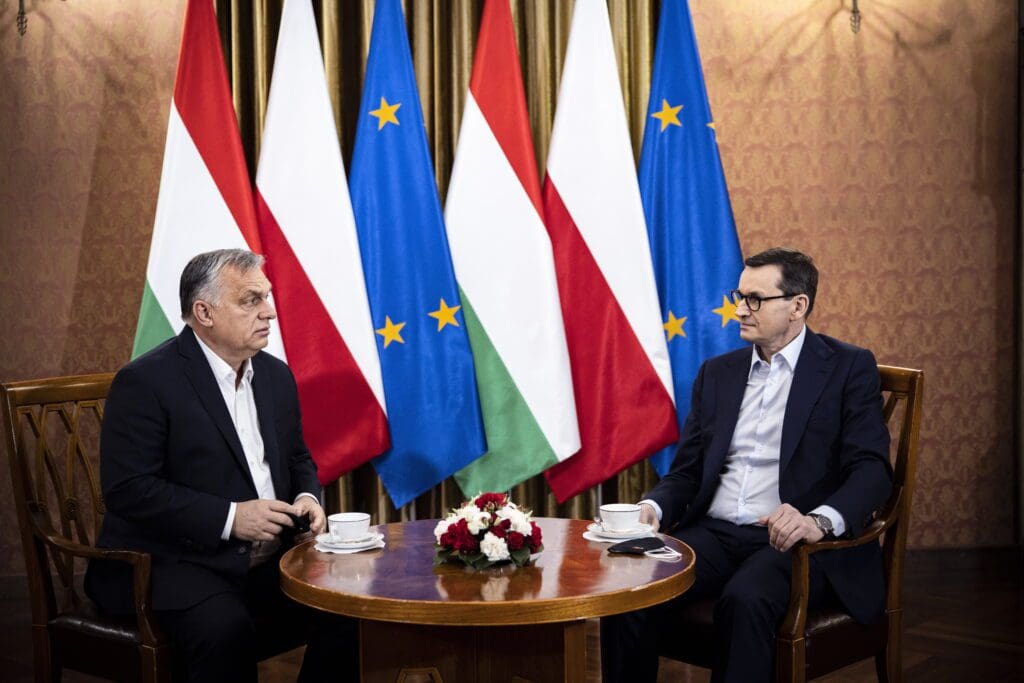
The relationship between the two great, freedom-loving, pro-family nations is not a ‘love affair.’ It is a centuries old, deeply rooted camaraderie and alliance, and that is a reality that is hard to override.